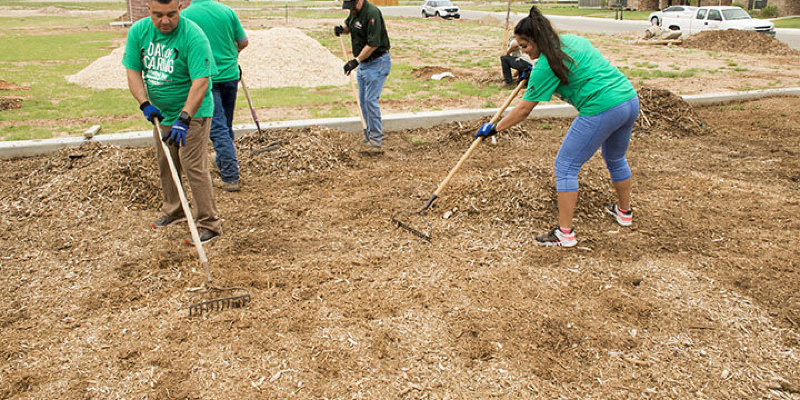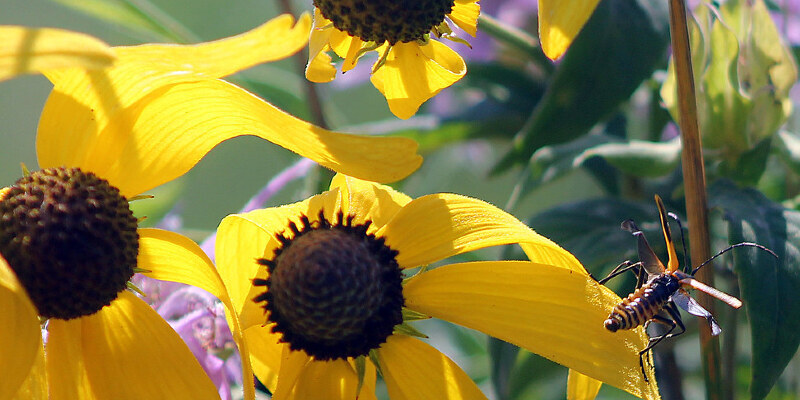Several plant-care products, such as fertilizers, recommend spreading them when plants are somewhat moist so the products stick to the leaves better. That is not the case with Roundup, which was made to kill weeds and other unwanted plants. Roundup works best when the leaves are dry, though its quick absorption rate means you may still spray the product if wet weather is approaching.
Spraying Before It Rains
If you believe it’s going to rain, you may still have time to spray Roundup prior to the leaves get wet. Roundup requires about 30 minutes to absorb to the leaves, in most cases. Spraying at least that long before the rain begins probably provides enough of the product time to input the leaves and soak into the plant’s vascular system. Large plants might require a longer absorption period, as much as six hours. If you spray instantly prior to a rain, the moving water could wash the chemical off before it consumes or dilute it to the stage that it’s ineffective
Spraying After Rain
After it rains, wait till the leaves dry before spraying them with Roundup. This sometimes takes hours, especially in cooler weather or if there is high humidity, so try to plan your Roundup application when rain is not expected. The issues spraying after the rain are like the ones that exist once you spray too soon prior to rainfall. The big droplets can wash it away as they journey down the leaves, or they can dilute it as the two liquids mix in addition to the leaves.
Effectiveness with Dew
When dew settles on plants, then it forms a thin layer of water droplets. Spraying unwanted plants using Roundup early in the morning whilst dew still clings to the leaves may reduce its effectiveness, although no definitive proof exists, according to the Purdue Extension. But applying the herbicide over heavy dew may cause both fluids to run off the leaves before the leaves absorb the Roundup. If early morning is the most convenient time for you to apply Roundup, decide on a morning following a night of thick cloud cover. The clouds assist hold heat near the ground, preventing dew from forming in the daytime.
Effect on Nearby Plants
If it starts raining sooner than 30 minutes once you spray Roundup, the rain probably will wash the chemical off. But do not be worried about the herbicide runoff harming neighboring plants. Roundup’s active ingredient, glyphosate, soaks approximately 6 inches into the soil, but it binds to the soil without traveling through it to other plants.



